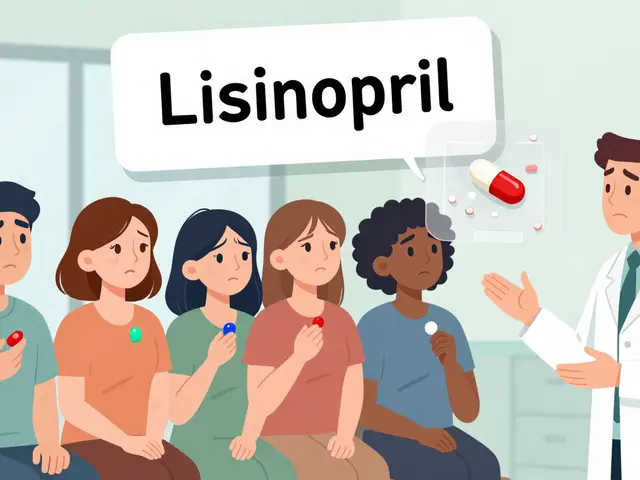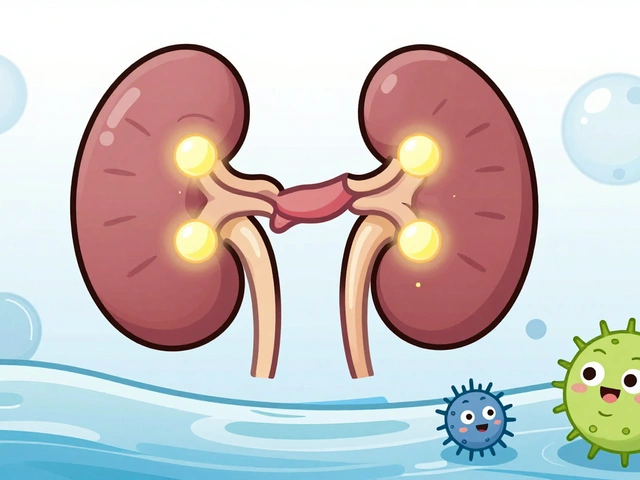Valtrex Alternatives: What Works and When
Need an alternative to Valtrex (valacyclovir)? Whether it’s cost, side effects, allergies, or drug interactions, there are a few reliable options. This page walks you through the main substitutes, what they do differently, and simple safety tips so you can talk to your doctor with confidence.
Common prescription alternatives
Acyclovir and famciclovir are the two drugs you’ll hear about most. Acyclovir is the oldest option and comes as pills, cream, and IV form. It works well for cold sores, genital herpes, and shingles. Famciclovir (a prodrug of penciclovir) is another oral choice that’s often used for shingles and recurrent genital herpes.
How they compare: valacyclovir converts to acyclovir in the body, so they have the same active ingredient. Valacyclovir usually means fewer daily doses. If you can’t take valacyclovir, your doctor may switch you to acyclovir (more frequent dosing) or famciclovir (similar effectiveness to valacyclovir for many uses).
Typical adult examples (talk to your prescriber for exact dose): for shingles, doctors commonly use acyclovir 800 mg several times daily for 7–10 days or famciclovir 500 mg three times daily. For recurrent cold sores or genital outbreaks, shorter courses at different doses are used. Always follow professional advice—these are general patterns, not prescriptions.
When to pick an alternative and safety tips
Pick an alternative if you have kidney problems, allergic reactions, or trouble affording Valtrex. Acyclovir needs dose changes with reduced kidney function, and IV acyclovir is used in severe cases or when someone can’t take oral meds. Famciclovir can be easier on dosing for some people, but it still needs review if you’re on other meds.
Watch for common side effects: headaches, nausea, and rarely confusion (more likely in older adults or people with kidney issues). Drink water with these drugs to lower kidney strain. If you’re pregnant, breastfeeding, or immunocompromised, ask your provider—some antiviral choices and dosages change in those situations.
Over-the-counter care helps too: cool compresses, topical numbing creams, and good hygiene reduce symptoms and spread. For shingles prevention, ask about the shingles vaccine (like Shingrix) if you’re eligible—vaccination cuts the risk of severe disease and complications.
If outbreaks are frequent or severe, ask about suppressive therapy. That means taking daily antiviral medication to reduce how often outbreaks happen and to cut transmission risk. Your doctor will weigh benefits, side effects, and kidney function to choose the best drug.
Bottom line: acyclovir and famciclovir are practical alternatives to Valtrex. They work well but differ in dosing and convenience. Talk to your healthcare provider about your medical history, kidney health, and other medicines before switching. That makes sure you get the safest, most effective option for your situation.

This in-depth article explores ten alternatives to Valtrex for managing herpes infections. From traditional antiviral medications like Acyclovir and Famciclovir to natural remedies like Aloe vera gel and L-lysine, each option is evaluated based on its effectiveness and application. The article provides a balanced view of each alternative’s pros and cons to help readers make informed choices. Whether seeking prescription solutions or over-the-counter relief, this guide offers insights into various treatments available today.






